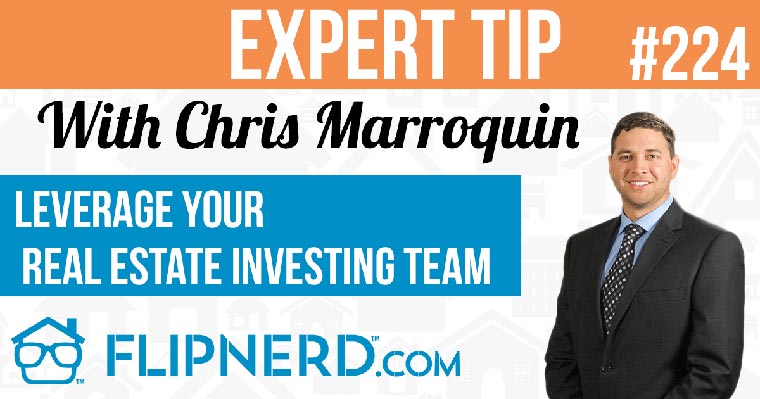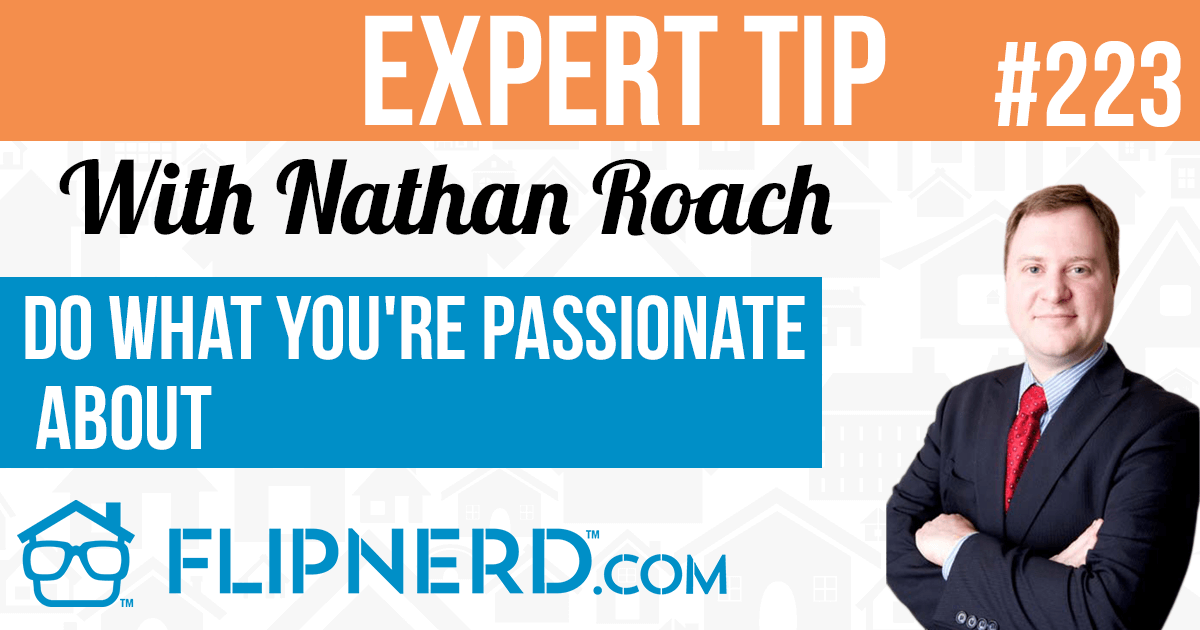Flip Tip Summary
Smart real estate investors have a secret weapon when it comes to getting better health insurance and lowering costs on that insurance. Self-Directed Health Savings Accounts (HSA’s) are a very powerful tool. The key is to know how to use them properly to make sure you’re getting maximum value. Edwin Kelley joins us to share more in this FlipNerd.com Expert Tip…check it out!
Flip Tip Transcript:
Mike: Hey it’s Mike Hambright from FlipNerd.com and we have a quick Expert Tip to share with you from Edwin Kelly, who’s going to share how real estate investors can get better health insurance at lower cost.
This expert tip is sponsored by RealtyMogul.com, B2R Finance and National Real Estate Insurance Group.
Edwin: So one of the strategies I’m going to share with you right now is something called a health savings account. Specifically a self directed health savings account. Many people have seen their health insurance premiums go up every month by 20, 30, 40, 50% even. This is a strategy that will put money in your pocket today, and help you get access to the coverage that you want tomorrow.
So the way this works is that in step one, you setup what is referred to, as a high deductible health insurance plan. A high deductible health insurance plan. And the way that health insurance plan is designed to work is that you pay for first dollar of your medical expenses up to your deductible. Anything over that the insurance company pays. Works just like your automobile insurance. You pay up to your deductible, anything over that deductible, the insurance company pays. Same thing holds true with the high deductible health insurance plan.
Step two. Where do you come up with the money to pay for that out of pocket expense up to your deductible? That’s where the health savings account comes in. So the health savings account is an account that you can set up. And when I did this for myself I saved approximately $300 a month on my health insurance premiums. So instead of giving $300 a month to the health insurance company, I increased my deductible, I lowered my premium, and I took that $300 savings that used to go to the insurance company and I put it in my very own health savings account.
First benefit I got from that is that first of all, I stopped giving money to the health insurance company, and I was able to keep that money myself. Second benefit I got was that I am able to take a full tax deduction on those contributions that I put into that health savings account every single year.
Third benefit is that I can take that money that I invest, or that I have in that account, and I can invest that in a self [inaudible 00:02:16] account in anything I choose. Like real estate as an example. I have one client who does one wholesale transaction a year in his health savings account. He makes about $10,000 off that transaction, that fully pays for all health care out of pocket expenses every single year.
The next benefit is that when you take money out of that HSA account, it comes out 100% tax free for qualified medical expenses. So copays at the doctor, medications, surgeries, procedures, those are all qualified medical expenses. So to recount that, as a real estate investor, typically you’re paying your own health insurance, so you can change your plan on a dime, switch it to a high deductible health insurance plan, set up the HSA account, start contributing to that HSA account.
You can invest in real estate, you can invest in virtually anything you can imagine inside that HSA account. You get a tax deduction on all the money that goes into that account, that money rolls over from year to year to year, so it never goes away. It’s your money and all the money you spend on qualified medical expenses at the doctor’s that you choose, not the insurance company chooses for you anymore, right, comes out 100% tax free.
Mike: That’s fantastic, great advice, thanks for sharing Edwin.
We’d like to thank Crestar Funding, MidAtlantic IRA, and Renters Warehouse.
Please note, the views and opinions expressed by the individuals in this program do not necessarily reflect those of FlipNerd.com or any of its partners, advertisers or affiliates. Please consult professionals before making any investment or tax decisions as real estate investing can be risky.










